Bryan Marsal, the banker who untangled the Lehman Brothers collapse, sees new warning signs
From Lehman Bros to FTX, Bryan Marsal is Wall Street’s go to for the big corporate collapses. Now he has a worrying message.
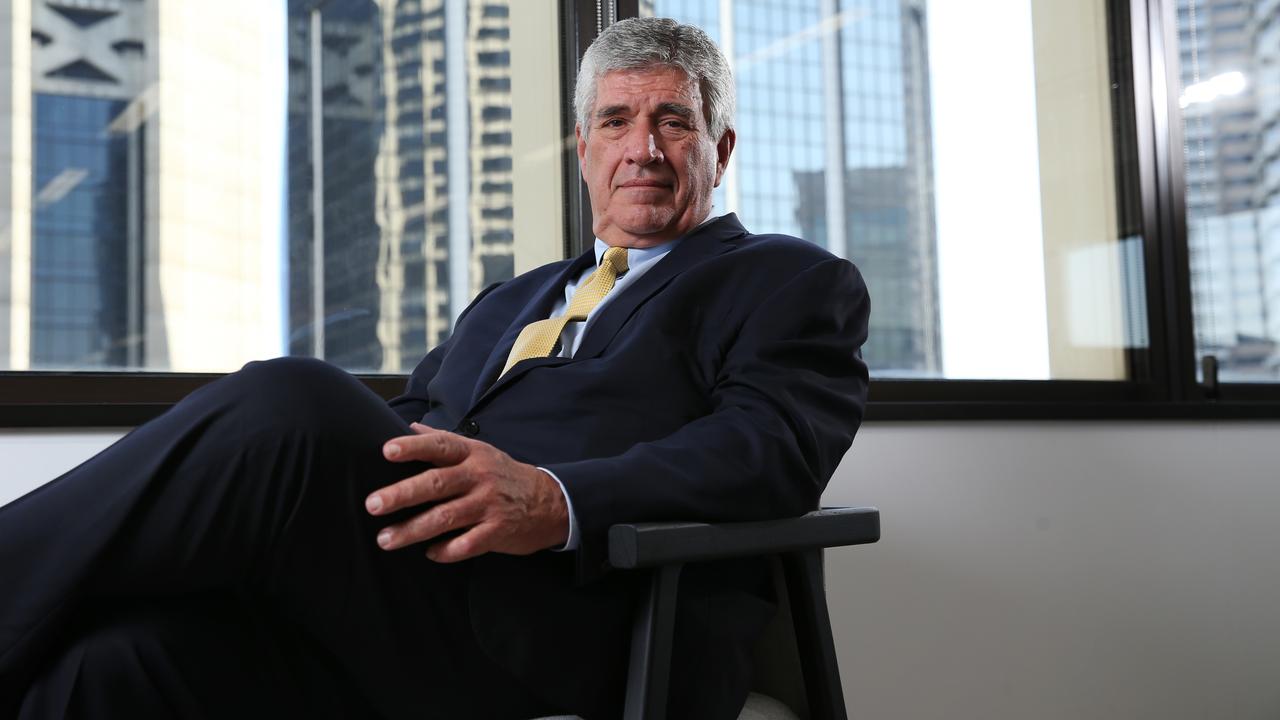
Business
Don't miss out on the headlines from Business. Followed categories will be added to My News.
There’s one early warning signal that Bryan Marsal can see that has him worried about the US economy. And he should know, because New York-based Marsal is Wall Street’s go-to for some of the world’s most spectacular corporate collapses. The morning after investment bank Lehman Brothers imploded, Marsal was appointed chief executive to oversee the mammoth workout. As a restructuring expert over the next three years he steered through what remains the largest bankruptcy in history to make sure creditors were paid out from the financial mess.
These days he is overseeing the $US8bn collapse of Sam Bankman-Fried’s FTX, forcing Marsal to take a crash course in cryptocurrency. Other collapses include taking charge of Arthur Andersen following the global audit firm’s demise more than two decades ago.
But corporate restructuring work for his firm, Alvarez & Marsal, where he is co-chief executive, is up more than 65 per cent in the US over the past year. In Europe it’s up more than 30 per cent.
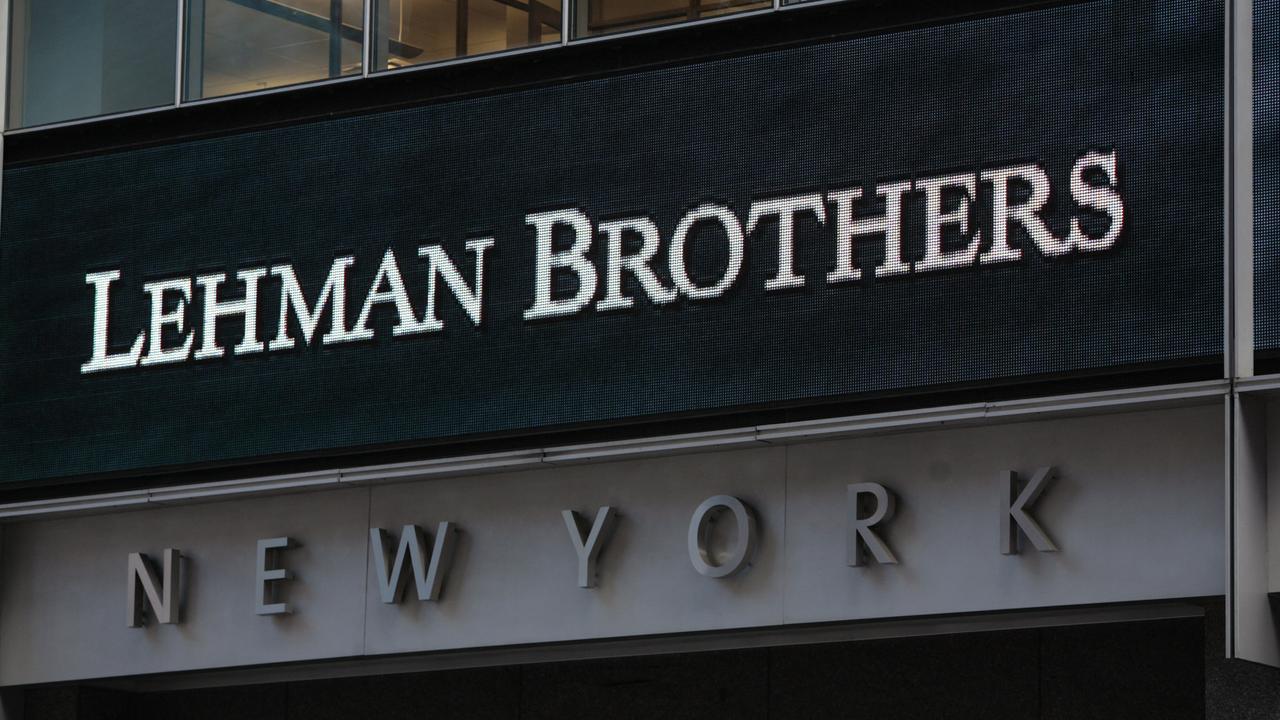
Those numbers alone are pointing to a sharp slowdown coming, Marsal tells The Australian during an interview. And businesses are preparing for bankruptcy or looking to dramatically restructure as they face pressures from higher interest rates and slowing consumer spending.
“I think a downturn is coming, but it certainly isn’t reflected in the numbers, because a lot of consumption numbers are better than I thought they were going to be. Yet a 65 per cent increase in our restructuring business is telling you a lot.”
Today Alvarez & Marsal operates around the world, including Europe, Latin America, the Middle East and China. In recent years it has made a push across other parts of Asia from its regional headquarters in Singapore.
In the past six months the restructuring major quietly opened an office in Sydney and has already built this out to 100 people including more than 40 partners. They expect to have more than 200 staff over the next 12 months.
For now the Australian operations are focused around advisory and consulting, with the restructuring arm set to follow over time.
These days Alvarez & Marsal generates most of its income by providing hands-on advice to private equity clients looking to improve the performance of their investments that have hit troubled waters. Business clients that are seeing a slowdown are also turning to them for help.
“If you want someone to analyse or have an academic exercise, we’re probably not the best firm to hire. If you want to get stuff done, we’re probably the better answer,” says Marsal.
Marsal puts the operational focus down to having more “skin in the game” of the turnaround program, with his fees dependent on the “measurable success” of the advice.
‘We fix problems’
Marsal, a former banker who ran a distressed loans portfolio with names including Citi, started the firm with former accountant Tony Alvarez in 1983 to take advantage of a wide gap in the market.
“There’s accounting firms who can explain why (businesses) got into trouble. And there are investment banks that will sell the company for you. But there’s nobody who says operationally what happened here and what can be done to maximise the recovery value,” Marsal says.
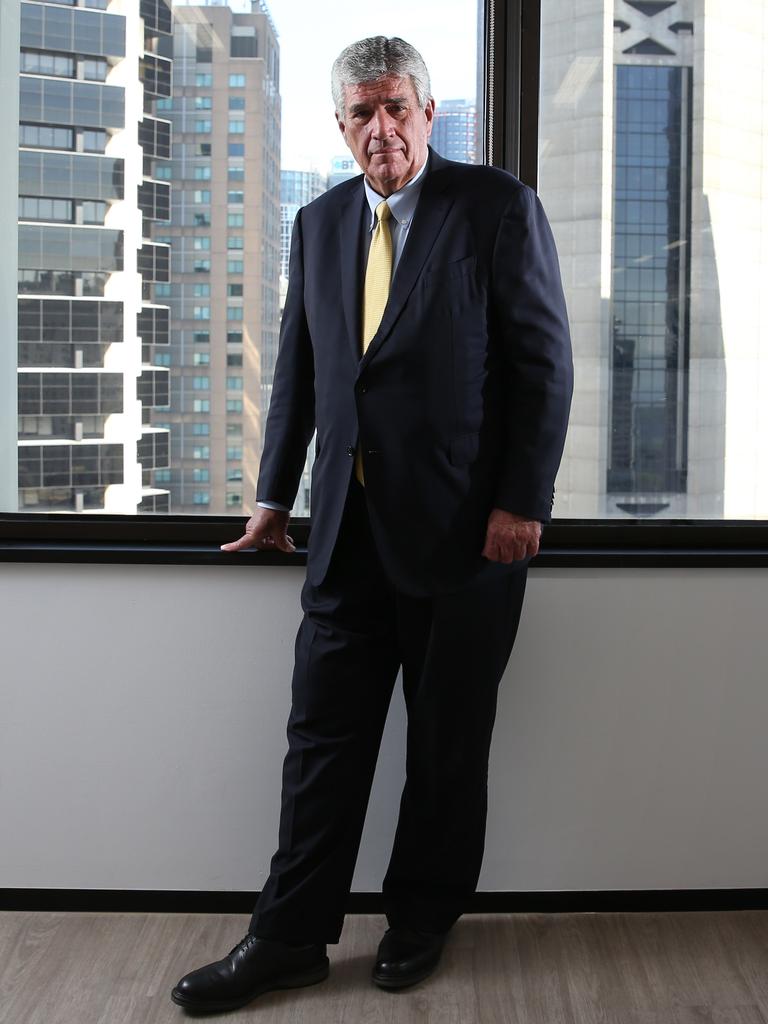
“We said what we’re going to do is we’re going to come in with an approach of ‘time is of the essence’ because when you’re in a default situation, your creditors need answers or they or they pull the plug. And we take aggressive operating actions in order to conserve liquidity to buy ourselves time.” In essence, “we can fix problems,” he says.
The expansion into Australia has come about at a time of massive disruption for the traditional restructuring specialists – the big four accounting firms. This includes continued local fallout from the PwC tax advice scandal, and the since-shelved global efforts by EY to spin off its consulting arm.
Marsal says the big accounting firms “are just tearing one another apart”, given the tension between audit and non-audit activity.
“What you’re seeing is that there’s tremendous disruption on the non-audit side and we are taking advantage of that,” he says.
Lehman collapse
His highest-profile assignment involved taking on Lehman Brothers hours after it collapsed in September 2008. Indeed, this weekend marked the 15-year anniversary of the implosion of Lehman, with the bank’s demise the trigger for the Global Financial Crisis. This means Marsal had the title of chief executive of Lehman Brothers for three years. But, he quickly adds, it was after it was placed into bankruptcy.
On taking charge of the bank he found Lehman sitting on a sprawling book of financial derivatives that had $US1.3 trillion in creditor claims.
“I didn’t know anything about derivatives. I didn’t know what a trillion was either,” he says. Marsal immediately set about building a management and governance structure to protect Lehman’s remaining assets.
“We just basically divided up the company (Lehman) into 22 units to attack the problem. We had a partner in charge of every one of the 22 units running them. We hired a team and many of them were the old Lehman people to help us liquidate the portfolio, optimise the liquidation and also determine the legitimacy of the claims.”
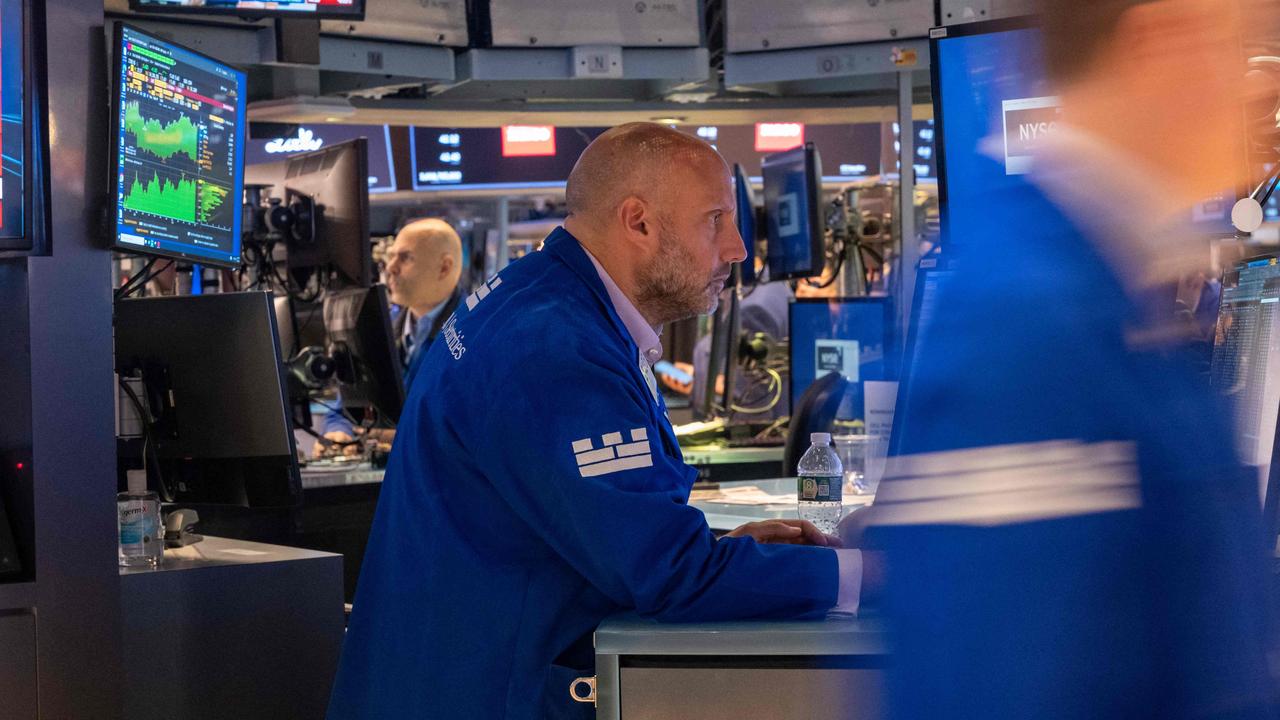
Ultimately more than $US115bn was paid out from Lehman, with tens of thousands of customers and secured creditors receiving all they were owed, while unsecured creditors were paid US40c in the dollar, more than twice the initial estimate.
While there can be a lot of emotion in a workout, particularly in a situation where a nearly 160-year-old company like Lehman has collapsed, impacting thousands and thousands of creditors and employees, the approach needs to be methodical and focused – much like treating a patient in an emergency room.
In his first meeting, addressing the remaining Lehman bankers and traders who were enlisted to wind down and sort out the bank’s derivatives book, Marsal’s message was simple: “Just do the right thing.”
With derivatives in particular, contracts are often open to interpretation between customers. However, Marsal told the assembled staff: “You’re all going to play solid and do the right thing. What was this (creditor) intending that provision to be? Then give them the benefit of the bargain. If you think it’s not – we will fight them all the way to the courthouse – but do the right thing.” He admits it “sounds kind of boyscoutish-ish” but that was how the Lehman workout was run.
“Once people on the outside knew that was the approach you were taking, then the resolution of the claims went a lot smoother.”
FTX’s billions
Today, the FTX workout is a “different” kind of complication, Marsal says. The crypto exchange that collapsed last November involved a different kind of creditor – many home traders were customers. But it also involved trench warfare with sophisticated hackers.
“We didn’t know about bitcoin and we didn’t know about the shenanigans and we didn’t know about digital wallets,” he says.
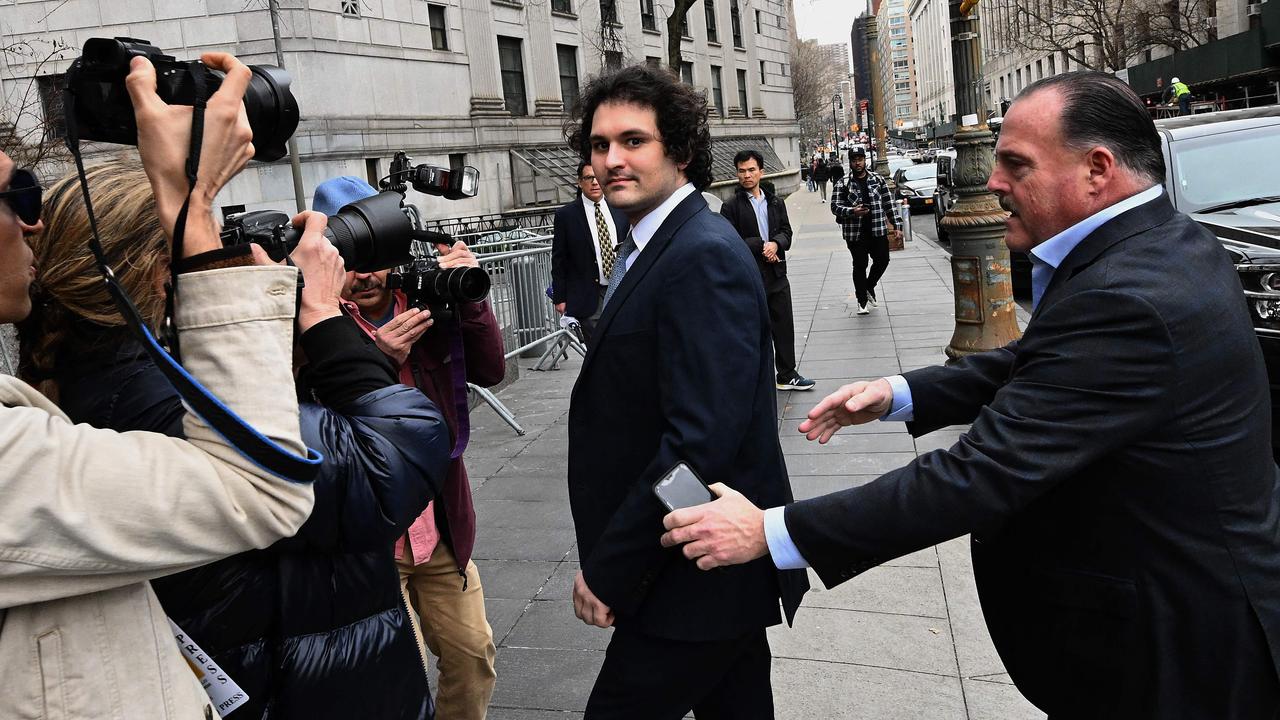
“One night, I’m sitting at home and somebody calls me who was working on FTX and says ‘Brian, what do I do? All these guys they’re trying to invade the wallet … and they’re stealing from it. And we know they’re doing it’,” he says.
Marsal says he took it upon himself to get a digital wallet and had $US3.8bn transferred into his own name. The judge overseeing the bankruptcy approved the move to prevent more funds being stolen but this meant he was carrying around nearly $US4bn in cash in a virtual wallet.
“The hackers didn’t know where to go – they didn’t know who’s got it or where it was,” he says.
The FTX case is continuing before the US courts.
The crypto exchange’s founder, Sam Bankman-Fried, has pleaded not guilty to charges he used customer funds to prop up his personal risky investments.
Marsal says the FTX case has been a learning exercise for everybody. And while he doesn’t expect there will be another crypto collapse on the same scale for some time, sure enough there’ll be corporate collapse like an Arthur Andersen moment on the horizon.
“There’ll be something coming down the pike,” he says.
johnstone@theaustralian.com.au
Originally published as Bryan Marsal, the banker who untangled the Lehman Brothers collapse, sees new warning signs









